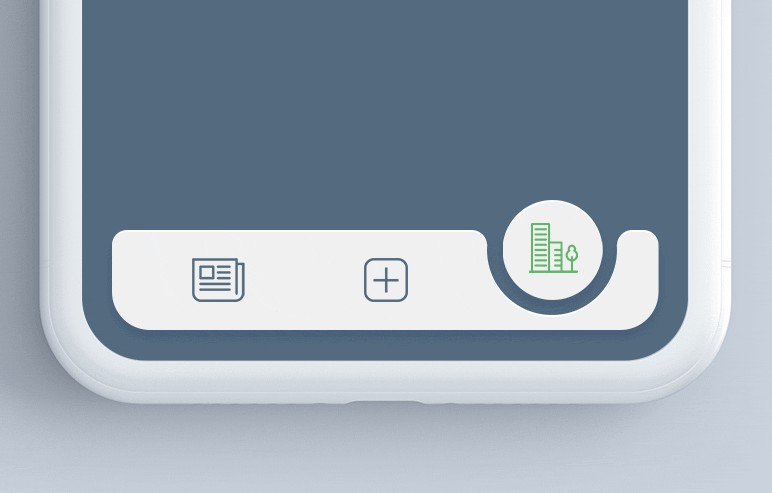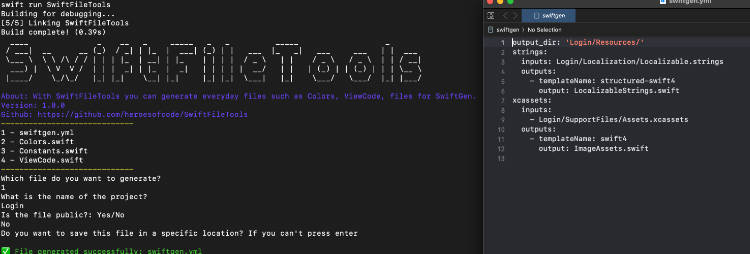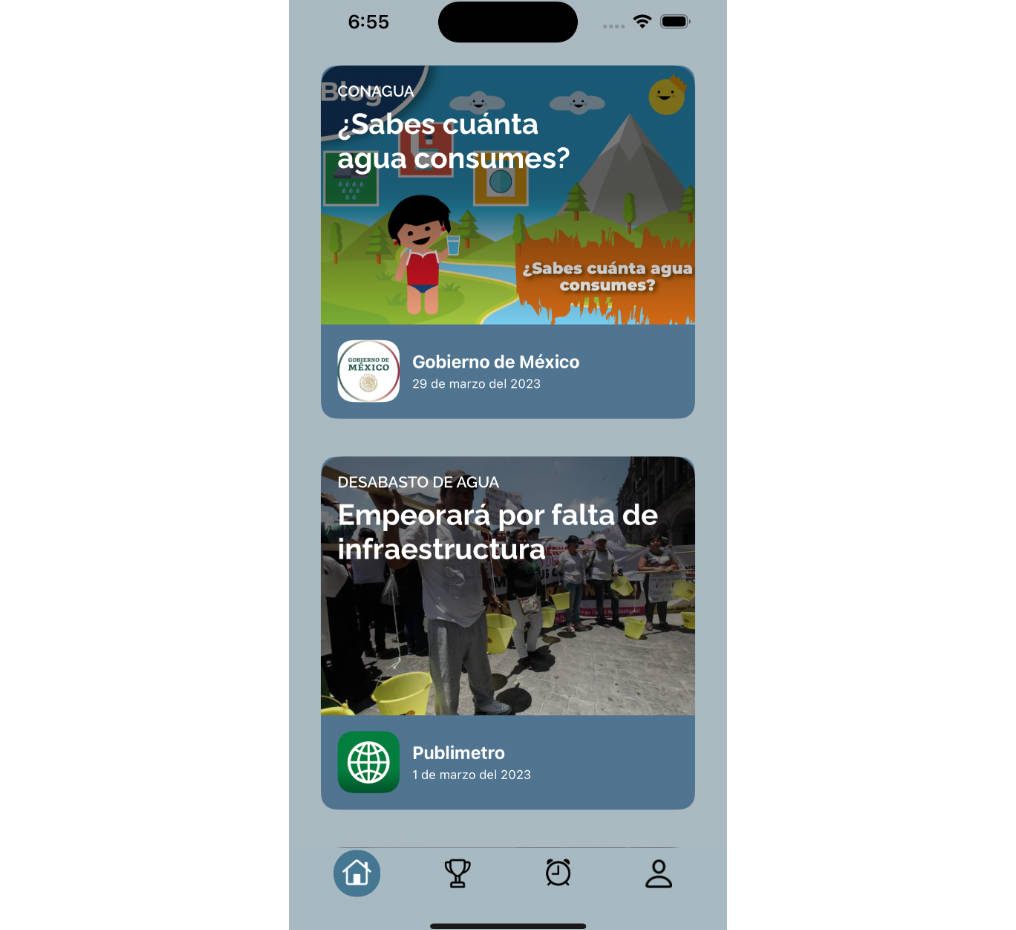Schedule
hourglass_flowing_sand Schedule is a light-weight task scheduler for Swift. It allows you run timed tasks using an incredibly human-friendly syntax.
Features
- [x] ? Variety of Rules Schedule
- [x] ? Human Readable Period Parse
- [x] ? Suspend, Resume, Cancel
- [x] ? Reschedule
- [x] ? Tag-based Management
- [x] ? Child-action Add/Remove
- [x] ? Thread safe
- [x] ? Full Control Over the Lift Time
- [x] ? No Need to Worry About Runloop
- [x] ? No Need to Worry About Circular Reference
- [x] ? Incredibly Human Friendly API
Why should you Use Schedule Instead of Timer?
A chart is worth a thousand words:
| Features | Timer | DispatchSourceTimer | Schedule |
|---|---|---|---|
| ⏰ Interval-based Schedule | ✓ | ✓ | ✓ |
| ? Date-based Schedule | ✓ | ✓ | |
| ? Mixing Rules Schedule | ✓ | ||
| ? Human Readable Period Parse | ✓ | ||
| ? Suspende/Resume, Cancel | ✓ | ✓ | |
| ? ReSchedule | ✓ | ✓ | |
| ? Tag-based management | ✓ | ||
| ? Child-action Add/Remove | ✓ | ||
| ? Atomic Operations | ✓ | ||
| ? Realtime Timeline Inspect | ✓ | ||
| ? Life Time Control | ✓ | ||
| ? Incredibly Human Friendly API | ✓ |
Usage
Scheduling a task can't be simplier:
Schedule.after(3.seconds).do {
print("3 seconds passed!")
}
Interval-based Schedule
Schedule.every(1.seconds).do { }
Schedule.after(1.hour, repeating: 1.minute).do { }
Schedule.of(1.second, 2.minutes, 3.hours).do { }
Date-based Schedule
Schedule.at(when).do { }
Schedule.every(.monday, .tuesday).at("9:00:00").do { }
Schedule.every(.september(30)).at(10, 30).do { }
Schedule.every("one month and ten days").do { }
Schedule.of(date0, date1, date2).do { }
Mixing Rules Schedule
import Schedule
/// concat
let s0 = Schedule.at(birthdate)
let s1 = Schedule.every(1.year)
let birthdaySchedule = s0.concat.s1
birthdaySchedule.do {
print("Happy birthday")
}
/// merge
let s3 = Schedule.every(.january(1)).at("8:00")
let s4 = Schedule.every(.october(1)).at("9:00 AM")
let holiday = s3.merge(s4)
holidaySchedule.do {
print("Happy holiday")
}
/// first
let s5 = Schedule.after(5.seconds).concat(Schedule.every(1.day))
let s6 = s5.first(10)
/// until
let s7 = Schedule.every(.monday).at(11, 12)
let s8 = s7.until(date)
Human Readable Period Parse
Schedule.every("one hour and ten minutes").do { }
Schedule.every("1 hour, 5 minutes and 10 seconds").do { }
Task Management
In general, you don't need to worry about reference management of the task any more. All tasks will be retained internally, so they won't be released, unless you do it yourself.
Schedule lets you handle a task's lifecycle with a more elegant way:
Schedule.every(1.second).do(host: self) {
// do something, and cancel the task when `self` is deallocated.
}
Handle
let task = Schedule.every(1.day).do { }
task.suspend()
task.resume()
task.cancel() // will remove internally held reference of this task
Tag
You can organize tasks with tag, and use queue to define where the task should be dispatched:
let s = Schedule.every(1.day)
let task0 = s.do(queue: myTaskQueue, tag: "log") { }
let task1 = s.do(queue: myTaskQueue, tag: "log") { }
task0.addTag("database")
task1.removeTag("log")
Task.suspend(byTag: "log")
Task.resume(byTag: "log")
Task.cancel(byTag: "log")
Action
Aciton is smaller unit of Task, A task is composed of a series of actions.
let dailyTask = Schedule.every(1.day)
dailyTask.addAction {
print("open eyes")
}
dailyTask.addAction {
print("get up")
}
let key = dailyTask.addAction {
print("take a shower")
}
dailyTask.removeAction(byKey: key)
Lifecycle
You can get the current timeline of the task:
let timeline = task.timeline
print(timeline.firstExecution)
print(timeline.lastExecution)
print(timeline.estimatedNextExecution)
You also can specify task's lifetime:
task.setLifetime(10.hours) // will cancel this task after 10 hours
task.addLifetime(1.hours)
task.restOfLifetime == 11.hours
Requirements
- Swift 4.x
- All Apple platforms are supported!
- And since there is no use of
NSclass, it should supports linux, too!
Installation
Cocoapods
# Podfile
use_frameworks!
target 'YOUR_TARGET_NAME' do
pod 'Schedule'
end
Replace YOUR_TARGET_NAME and then run:
$ pod install
Carthage
Add this to Cartfile
github "jianstm/Schedule"
Then run:
$ carthage update
Swift Package Manager
dependencies: [
.package(url: "https://github.com/jianstm/Schedule", .upToNextMinor("0.0.0"))
]
Then run:
$ swift build





